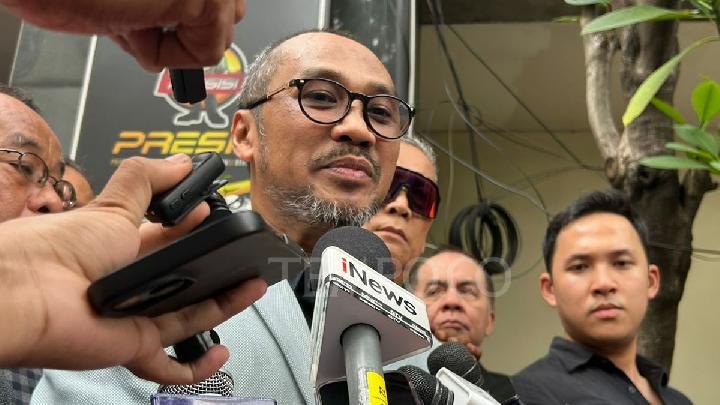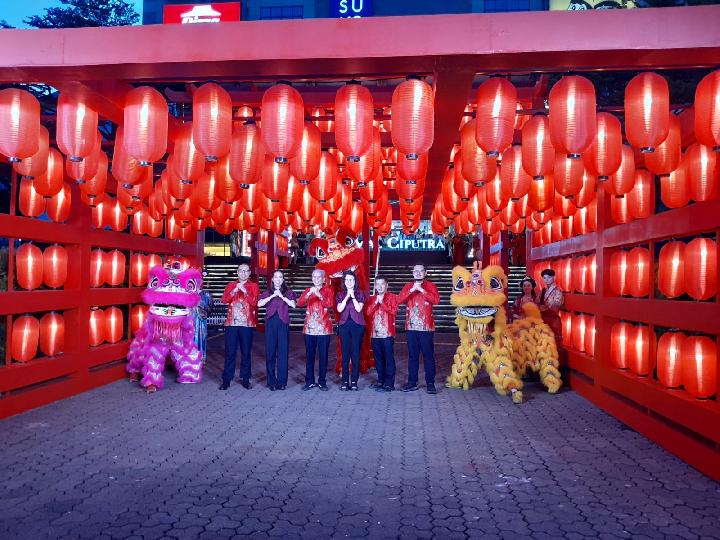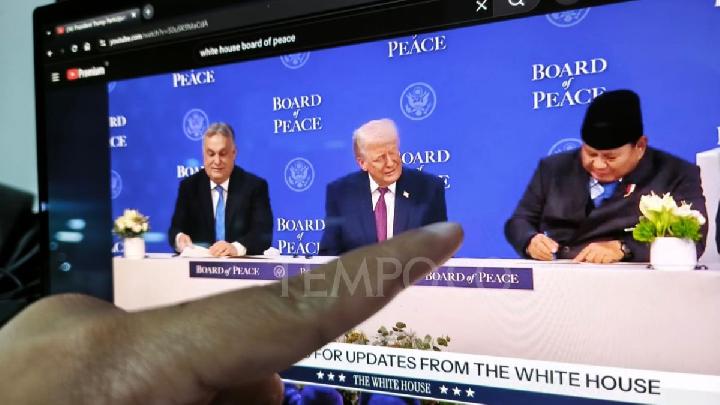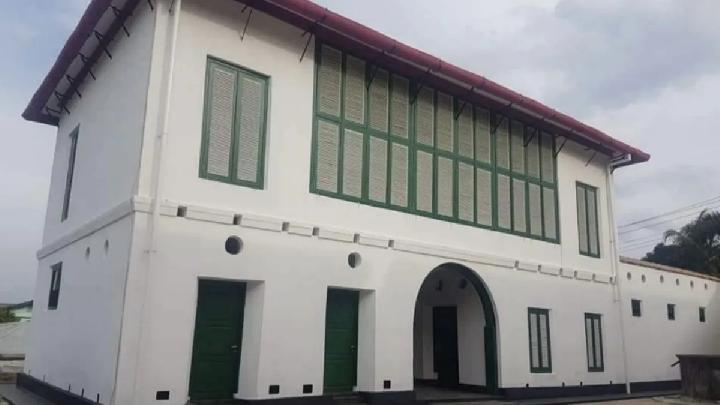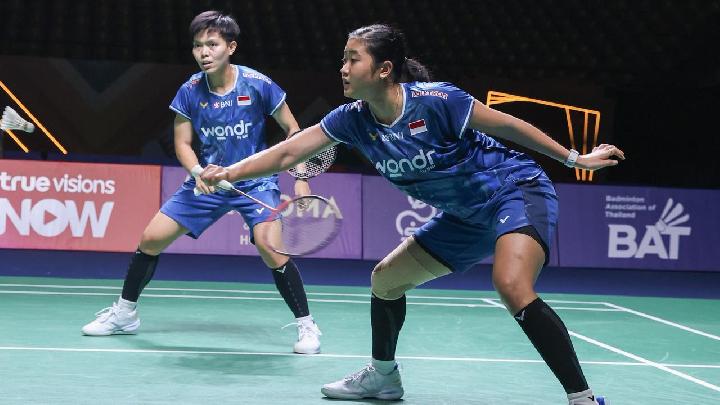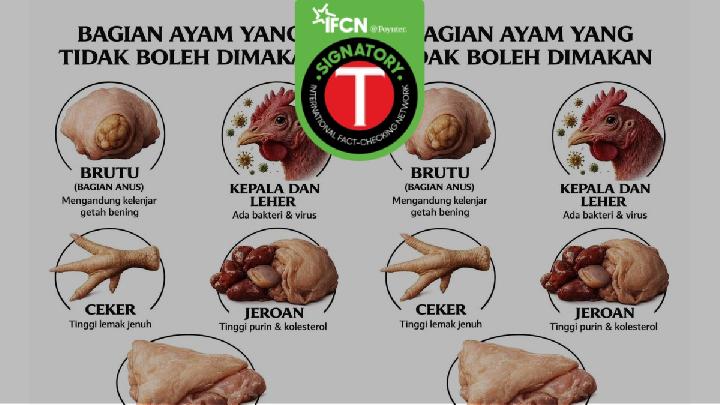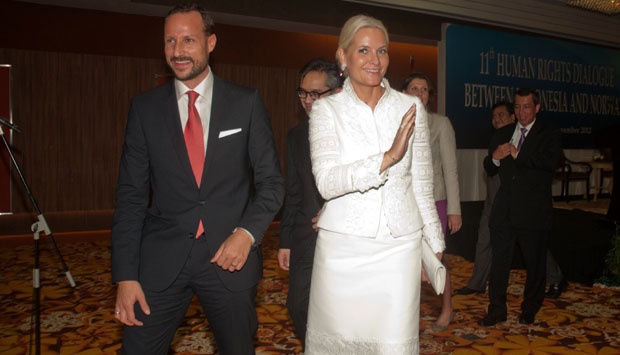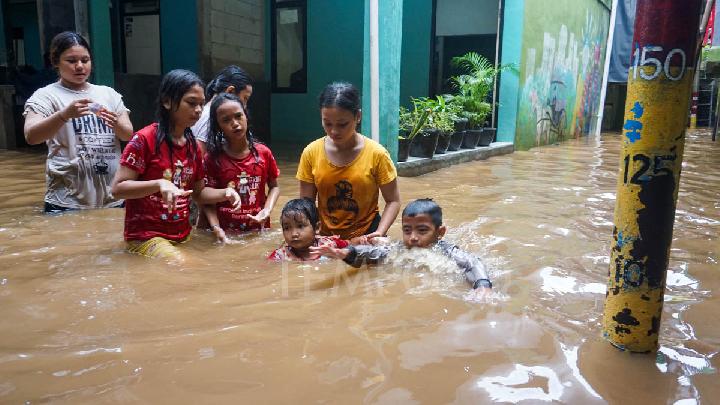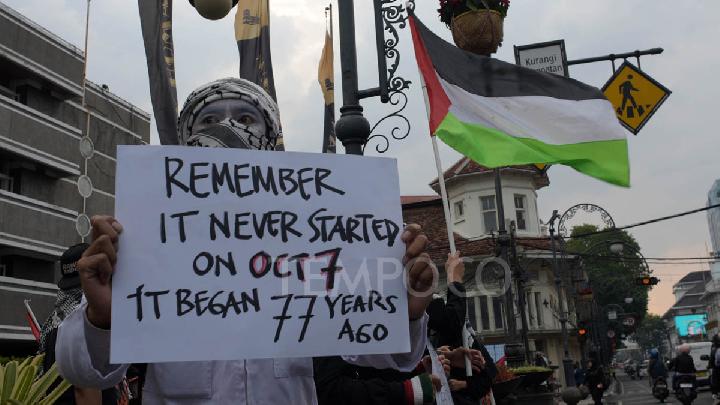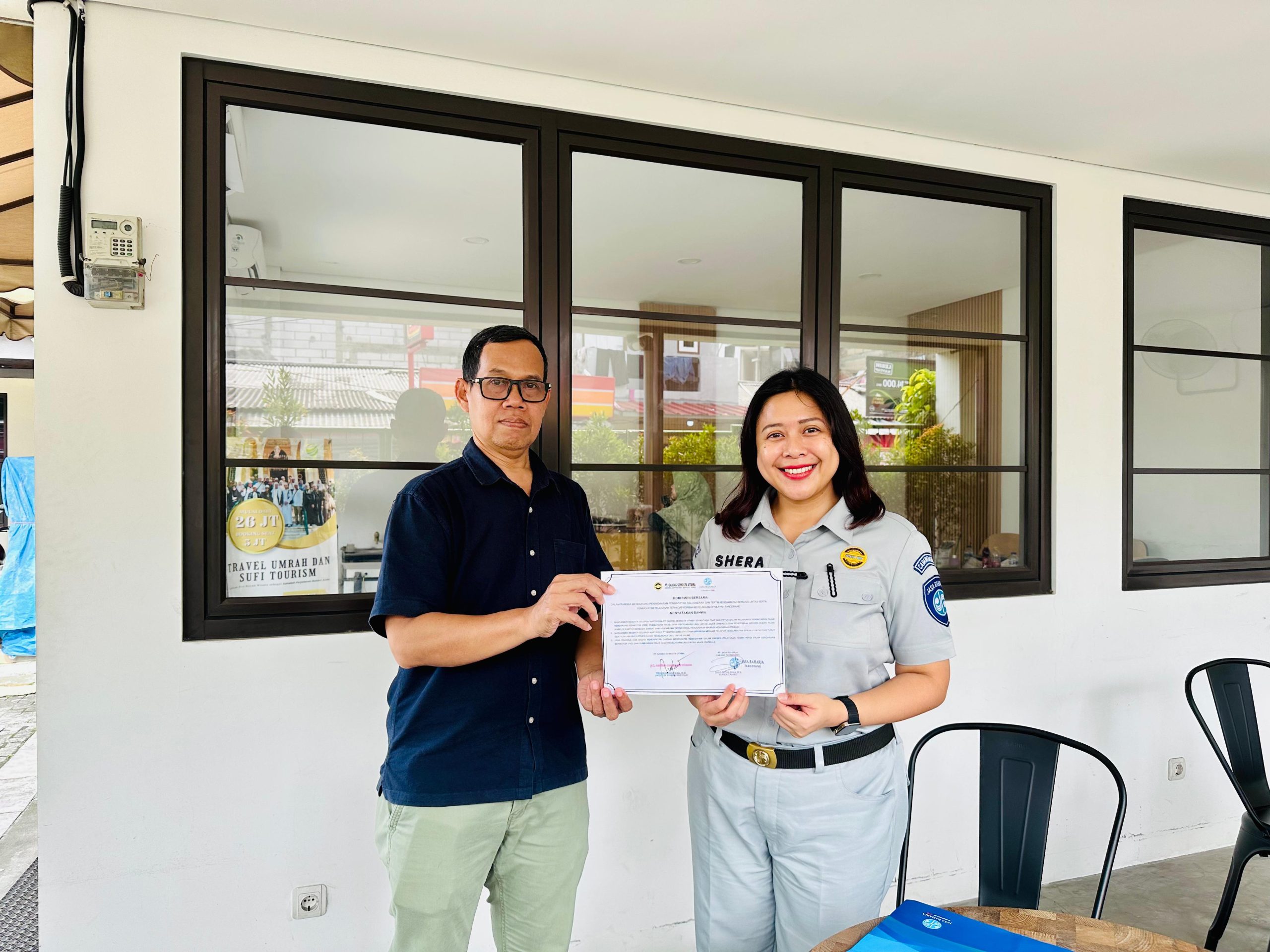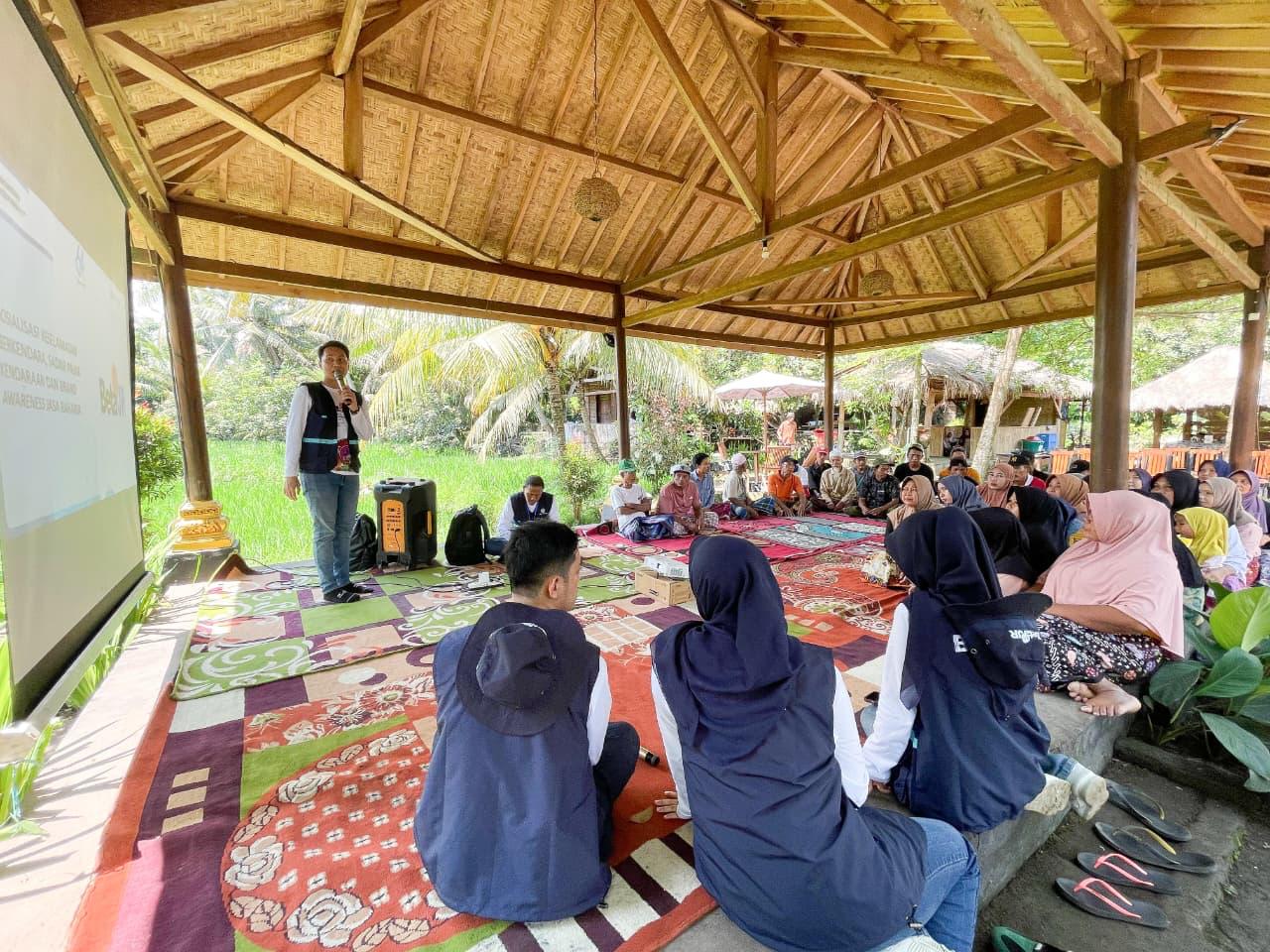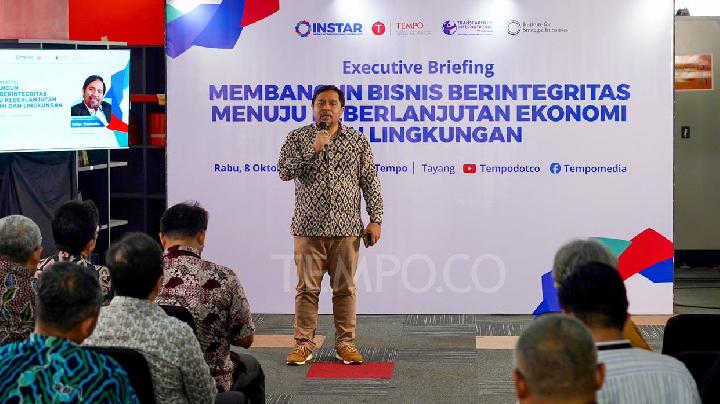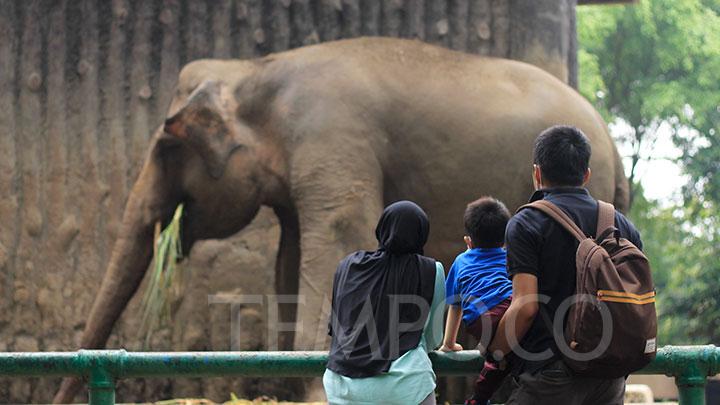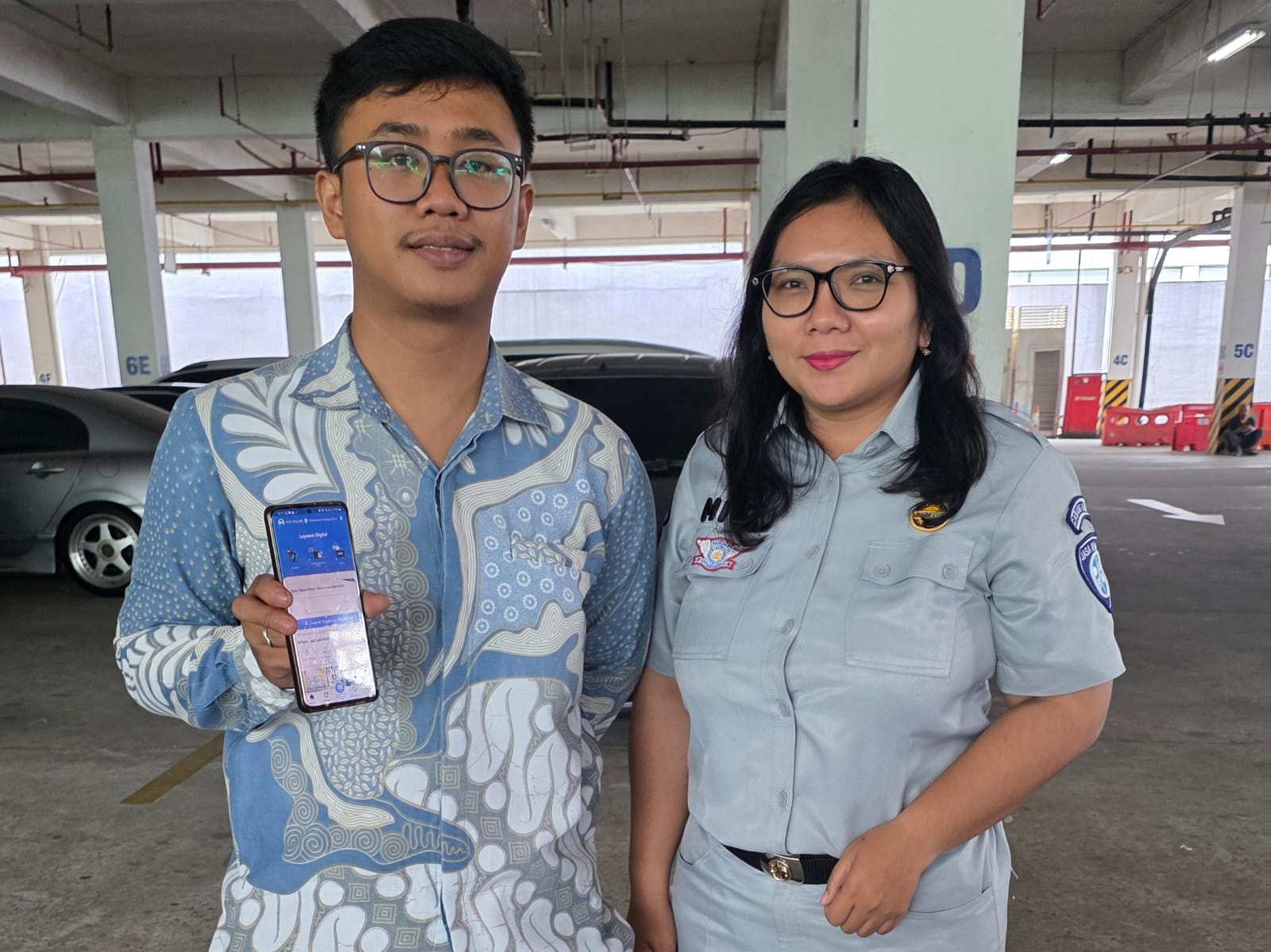November 28, 2025 | 01:52 pm

TEMPO.CO, Jakarta - The lobster larvae export policy has failed. A moratorium is not enough, comprehensive management restructuring is needed.
LAST year, the policy of the Ministry of Marine Affairs and Fisheries, ending the ban on the lobster larvae export, was criticized due to the significant risk of leaks and a weak oversight system. Now these concerns have been proven true: lobster larvae exports are suspected of causing losses reaching tens of billions of rupiah and have affected fishers and lobster cultivators.
This failure was predictable from the start. The design of the lobster larvae export policy appeared to benefit only a handful of players under the pretext of lobster “downstreaming.” Although Marine Affairs and Fisheries Minister Regulation No. 7/2024 does mandate that entrepreneurs conduct cultivation domestically, the regulation still permits the export of lobster larvae to be cultivated abroad, particularly in Vietnam. This raises a fundamental question: if cultivation can be done in Indonesia, why are the larvae being exported?
The answer is simple: cutting corners. Selling lobster larvae to Vietnam brings quicker profits than waiting between eight and 12 months to rear them in Indonesia. Yet, the price of adult lobster in the Chinese market, reaching around Rp1 million each, should have been the incentive for the government to strengthen the downstreaming of natural resources in Indonesia, instead of allowing that added value to be enjoyed by other countries.
Instead of promoting the downstreaming, the Marine Affairs and Fisheries Ministry has set the lobster larvae floor price at just Rp8,500 each, below the market price of Rp10,000. This illogical policy harms fishers and encourages them to sell larvae to the black market, which offers higher prices. Exporters, in turn, are easily tempted to buy through illegal channels because the price in Vietnam is far more lucrative and the bureaucracy is less complex than the official route.
The government’s claim that non-tax state revenue could be collected from exporters also falls apart when the majority of lobster sales go unrecorded. Furthermore, the export partner companies are not selected through a rigorous process and are even affiliated with senior government officials—further strengthening the suspicion that some players are merely rent-seekers.
The consequences are predictable: illegal exports remain rampant, cultivation targets are not met, the exploitation of lobster larvae is increasing, and marine resources are becoming severely damaged. The decrease in the minimum size of larvae allowed for export and the increase in the types of lobster shipped to the foreign market only exacerbate the pressure on the national lobster population. This “lobster larvae release program” more closely resembles a resource extraction scheme packaged as downstreaming.
For these reasons, merely imposing order on export practices or issuing a policy moratorium is not enough. Marine Affairs and Fisheries Minister Sakti Wahyu Trenggono must comprehensively overhaul the policy design and commit to genuine downstreaming: cultivating and growing lobsters domestically. The significant added value of lobster—which is currently enjoyed by Vietnam and sold at high prices to China—should rightfully belong to Indonesia.
It is time for the nation to stop being a supplier of cheap raw materials and move up the class to become a major player in the global lobster value chain. Policy must ensure that investment truly happens domestically, creating jobs and providing profits for the people and the state—instead of enriching rent-seekers. Indonesia must abandon the “cutting-corners” mentality and build a long-term commitment to safeguarding its marine assets.
Potential State Losses from Lobster Larvae Export Policy
1 hari lalu

Instead of boosting state revenues and advancing aquaculture, lobster larvae exports risk draining state funds.
Lobster Seed Smuggling Costs Indonesia as Much as Rp16 Trillion, Says Minister
10 September 2025
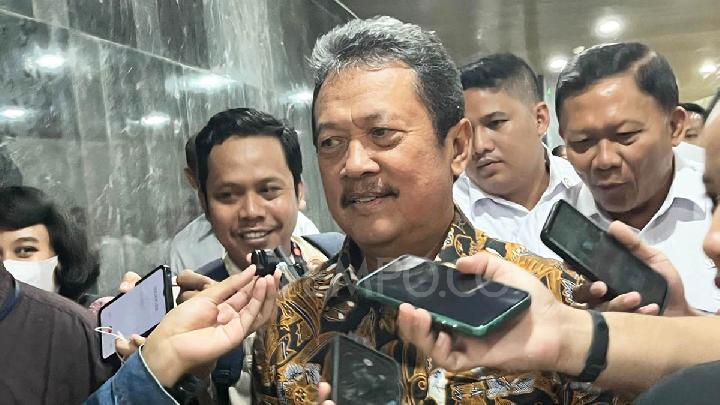
Indonesian Maritime Minister Trenggono has requested President Prabowo Subianto to issue a presidential regulation on lobster seed smuggling.
UGM Researchers Discover 7 New Freshwater Lobster Species in West Papua
30 Juni 2025

The seven new species of freshwater lobster were found in several remote locations across Misool, Kaimana, Fakfak, and Bintuni Bay.
Soekarno-Hatta Airport Police Name 7 Suspects in Lobster Seed Smuggling Case
12 Juni 2025

Soekarno-Hatta Airport Police have designated 7 suspects in the lobster seed smuggling case, 2 of whom are warehouse security officers.
Indonesian Authorities Foil 151,000 Lobster Seeds Smuggling Worth Rp15.1 Billion
4 Desember 2024

Indonesian police's Criminal Investigation Unit (Bareskrim) successfully thwarted an attempt to smuggle 151,000 lobster seeds in Riau Islands.
The Corrupt Design in Lobster Downstreaming
24 April 2024

The Ministry of Fisheries produced some strange regulations about the cultivation and export of lobsters.
Fisheries Ministry Develops Area-based Modeling to Boost Aquaculture Exports
13 Februari 2024

Fisheries Ministry has developed area-based modeling for five main commodities to accelerate the development of sustainable aquaculture.
Former Minister Edhy Prabowo Sentenced to 5 Years in Prison
16 Juli 2021
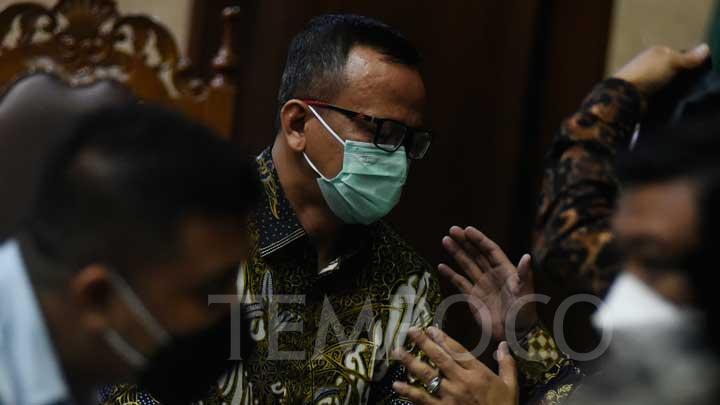
Edhy Prabowo, the former minister of marine and fisheries, is sad about the court's ruling that sentenced him to five years in prison.
Prosecutors Demand 5 years Jail Time for Edhy Prabowo in Lobster Export Graft
29 Juni 2021

Edhy Prabowo, the former minister of marine and fisheries, was proven to have accepted bribes in return for lobster seeds export permits.
Indonesia Officially Bans Export of Lobster Hatchlings
18 Juni 2021
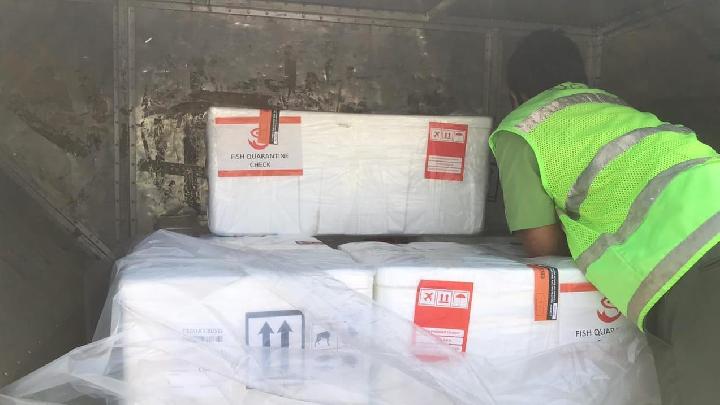
The Maritime Affairs and Fisheries Ministry has officially banned the export of lobster hatchlings through the issuance of Permen No. 17 of 2021.



